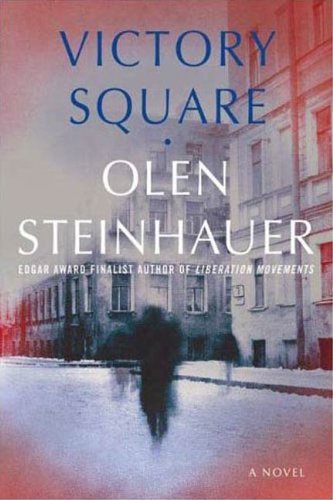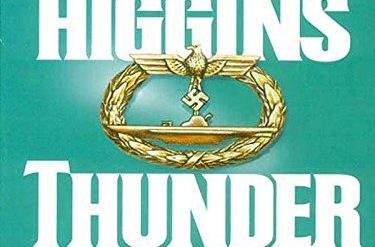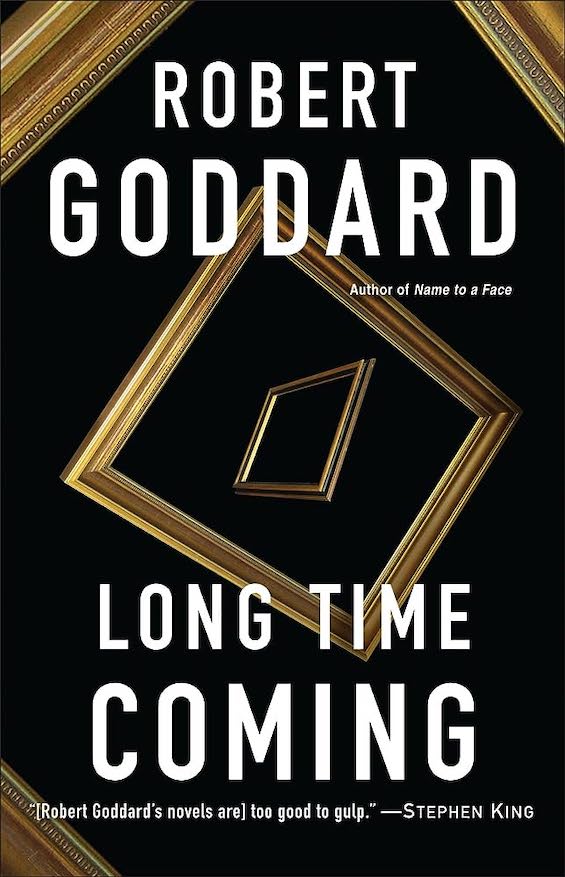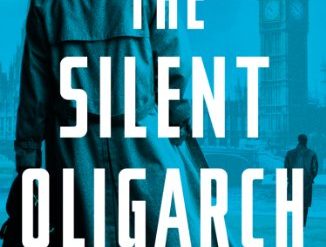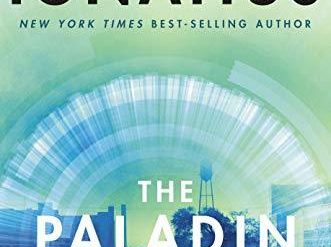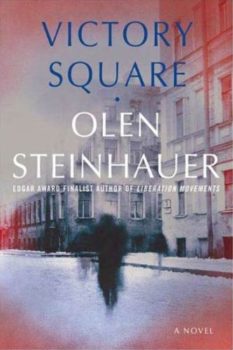
In addition to the five novels in his splendid Yalta Boulevard cycle, Olen Steinhauer has authored to date the Milo Weaver trilogy (The Tourist, The Nearest Exit, An American Spy) and three standalone novels. But to my mind the five-book series that begins with The Bridge of Sighs is his best and most important work.
The Bridge of Sighs (2003) — A fully satisfying murder mystery set in post-war Europe
It has been three years since the Second World War ended, leaving his country in still in ruins and under the rule of a one-party Communist government headed by Comrade Mihai. The despised Germans and their sympathizers have been driven out or executed, but their legacy taints daily life at all levels of society. Just 22 and fresh out of the police academy, Emil Brod reports for duty to the homicide department in The Capital, only to be thrown, unaided, into investigating the murder of one of the country’s leading citizens. Read the full review.
The Confession (2004) — An historical thriller set under Communism in Eastern Europe
We view the watershed year of 1956 through the eyes and the troubled mind of Ferenc Kolyeszar, a policeman in a fictional Eastern European country. Kolyeszar is a novelist as well as a policeman, having published a well-received novel about his experiences as a soldier resisting the German occupation at the outset of World War II. Now 37 years old, he is writing The Confession to chronicle his shattering experiences at home and at work against the backdrop of fateful world events . . . Read the full review.
36 Yalta Boulevard (2005) — Inside the mind’s eye of Eastern European Communism in the 1960s
It’s 1966, and Brano Sev is now nearing 50. A World War II partisan fighter turned secret policeman, Brano has been working for months on the assembly line at a factory. It’s punishment for an espionage scandal that erupted after he was sent on assignment to Vienna. Without warning, his superiors pull him out of the factory. temporarily reinstate him as a major in the security service, and send him off to his home village, where he is to investigate why a defector has suddenly returned to the village and what he’s planning to do . . . Read the full review.
Liberation Movements (2006) — Love, betrayal, and terrorism behind the Iron Curtain
Mystery piles atop mystery in this fourth installment of Olen Steinhauer’s five-novel cycle of life behind the Iron Curtain. The previous books were set in decades past, the post-war 40s, 50s, and 60s. In Liberation Movements, the action takes place in 1968 and 1975, relating two seemingly unconnected stories that only much later merge, raising yet more mysterious questions . . . Read the full review.
Victory Square (2007) — A powerful tale of life in Eastern Europe during the fall of Communism
Victory Square is the fifth and final novel in Steinhauer’s Eastern European cycle, and in some ways it’s the best. Steinhauer, an American who has lived for extended periods in several countries in the region, spent months, perhaps years, meticulously researching the fall of Ceausescu’s regime in Romania. That history forms the basis of the events that unfold in the novel in 1989-90 . . . Read the full review.
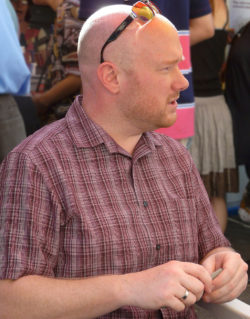
For related reading
You might also enjoy my posts:
- Top 10 mystery and thriller series
- 20 excellent standalone mysteries and thrillers
- 30 outstanding detective series from around the world
- Top 20 suspenseful detective novels
- Top 10 historical mysteries and thrillers
And you can always find my most popular reviews, and the most recent ones, on the Home Page.

